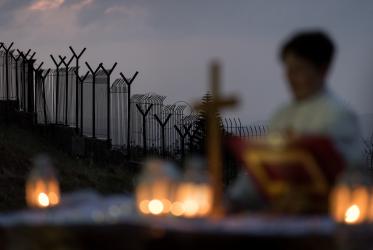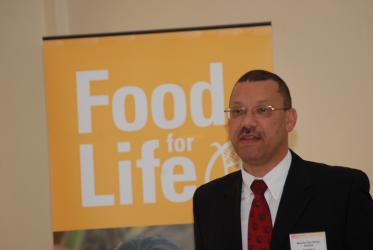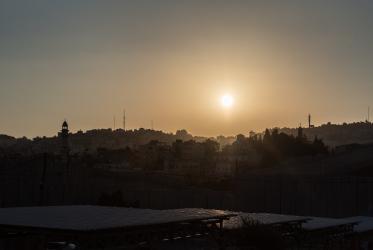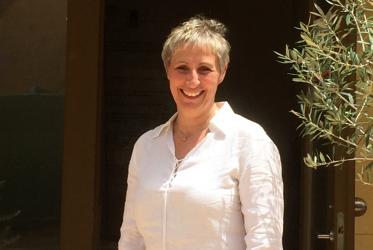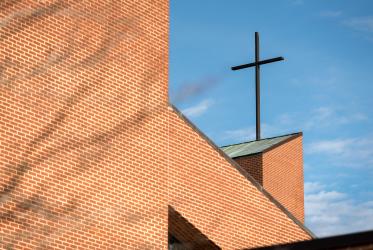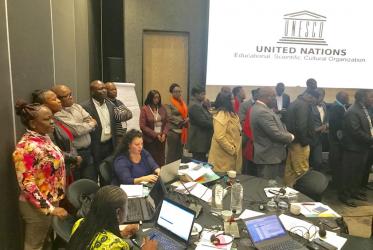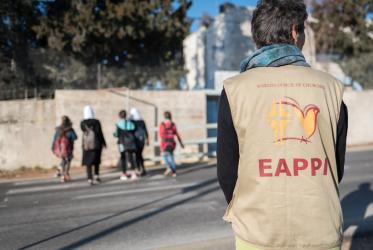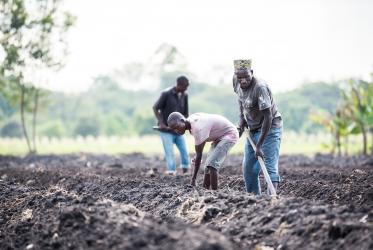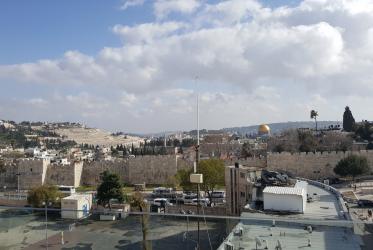Displaying 101 - 120 of 364
15 September 2019
Dr Saïd Ailabouni: God is on the side of rejected, oppressed, occupied
12 September 2019
WCC pressing ahead with disarmament work
28 August 2019
A faith-based, holistic approach to HIV and AIDS-care
13 March 2019
